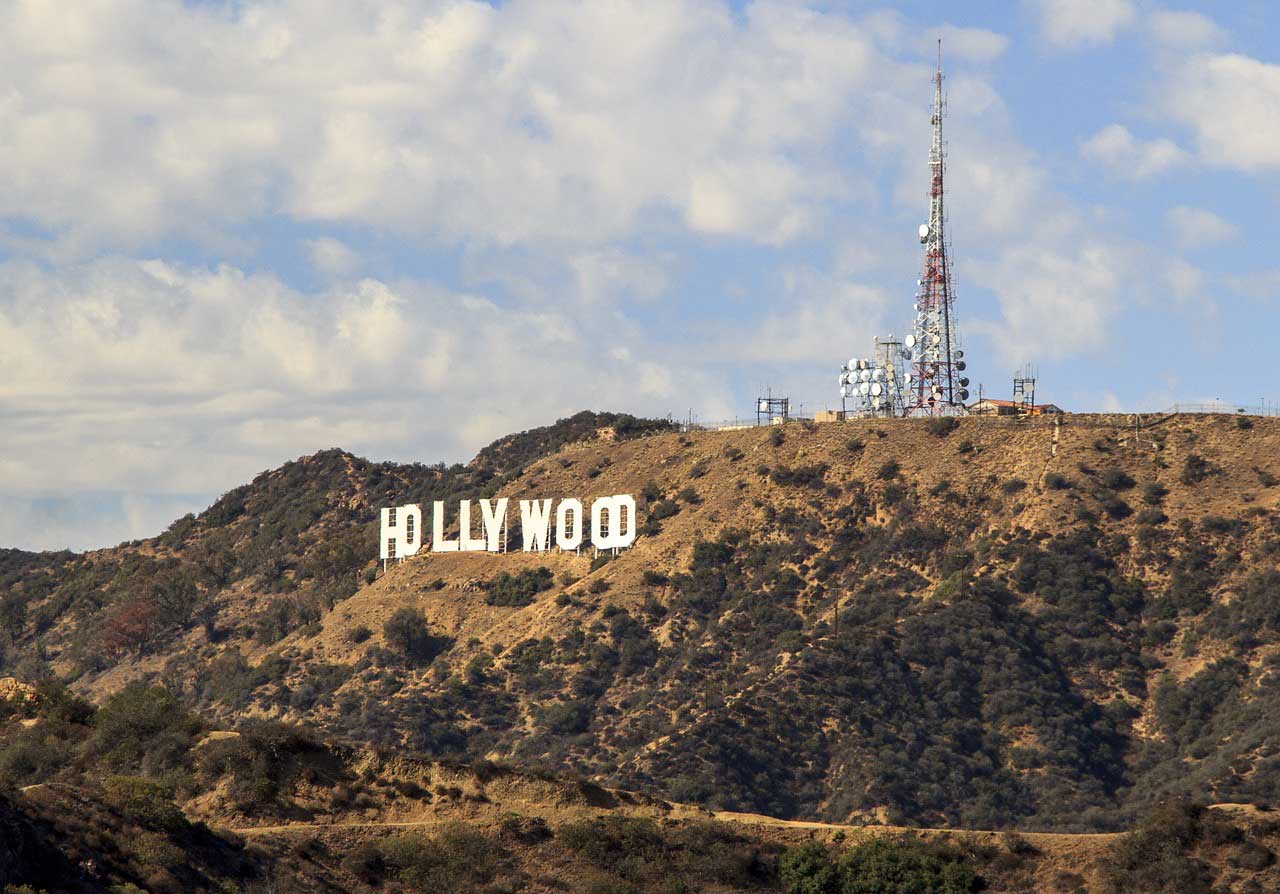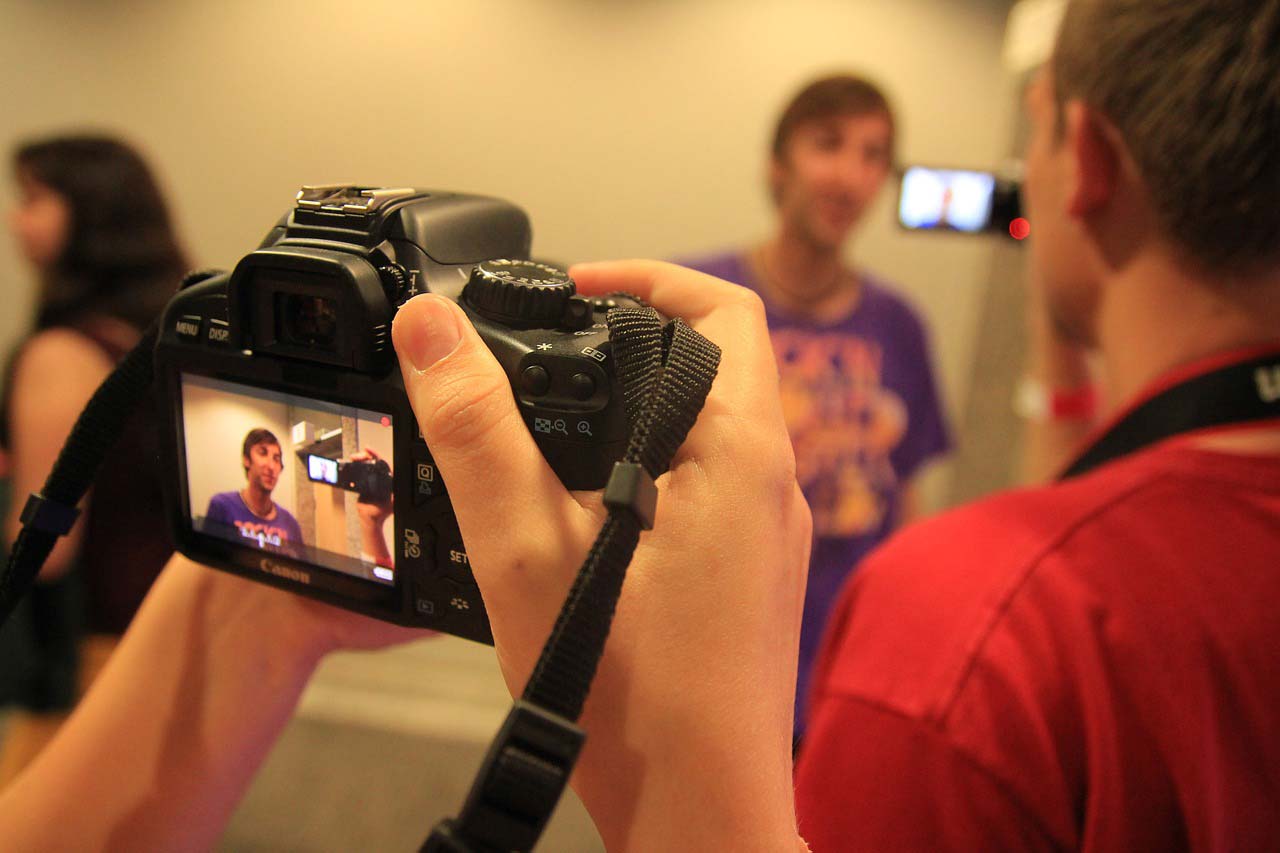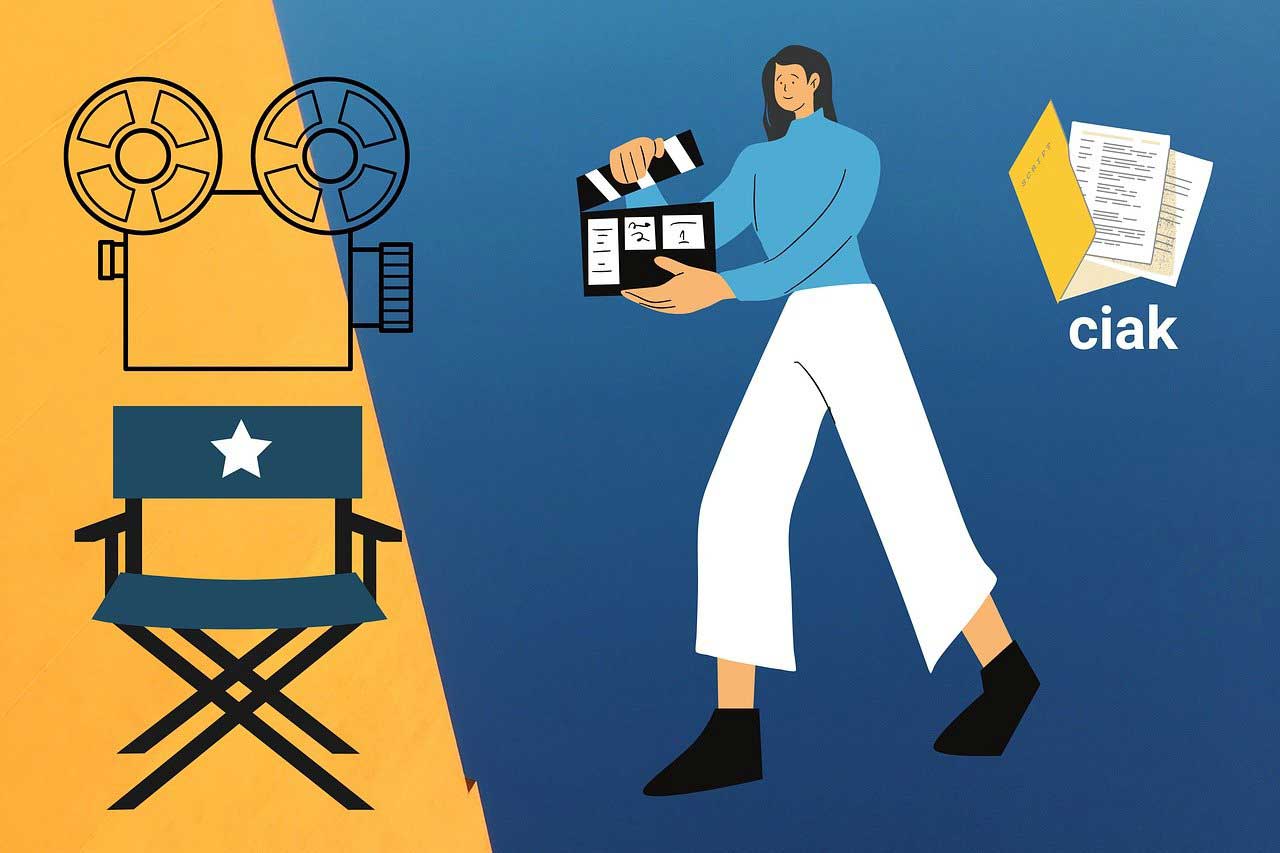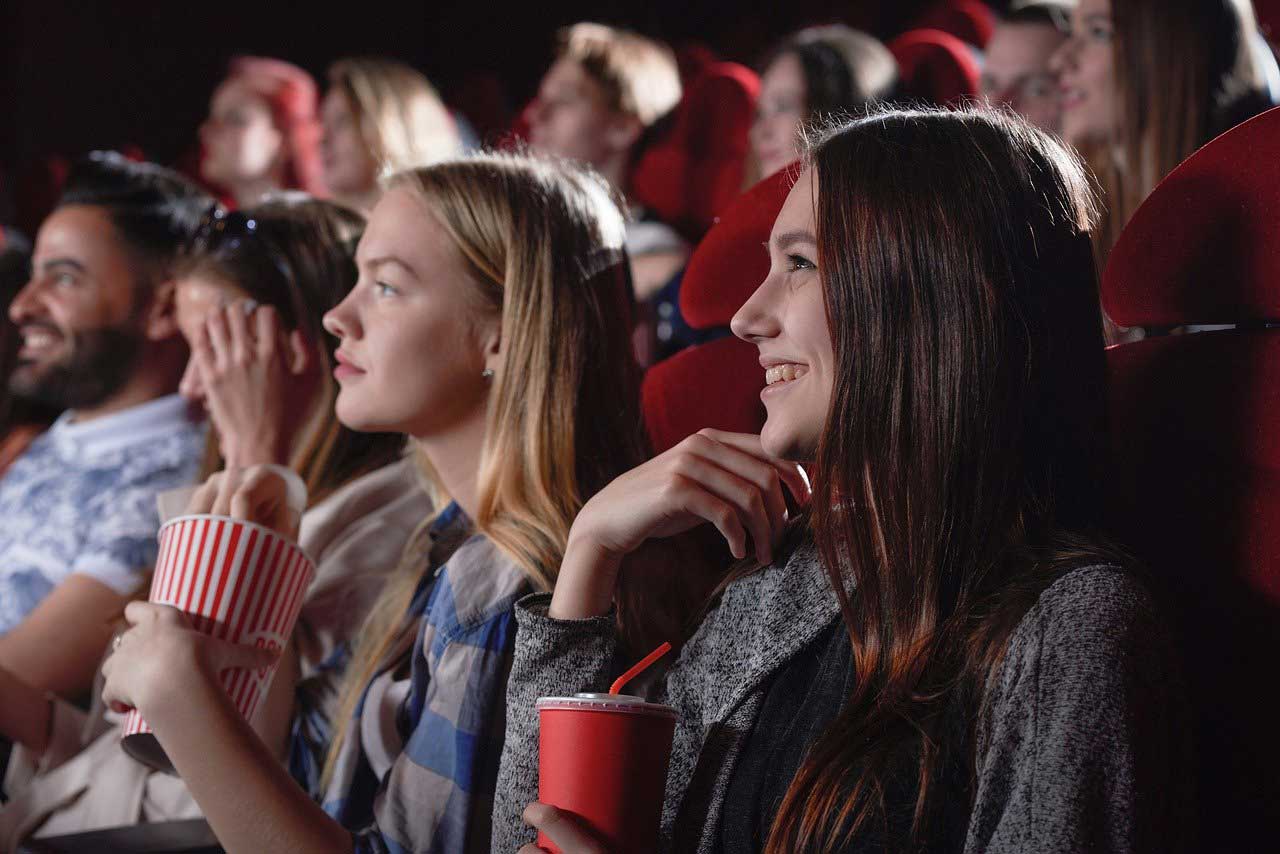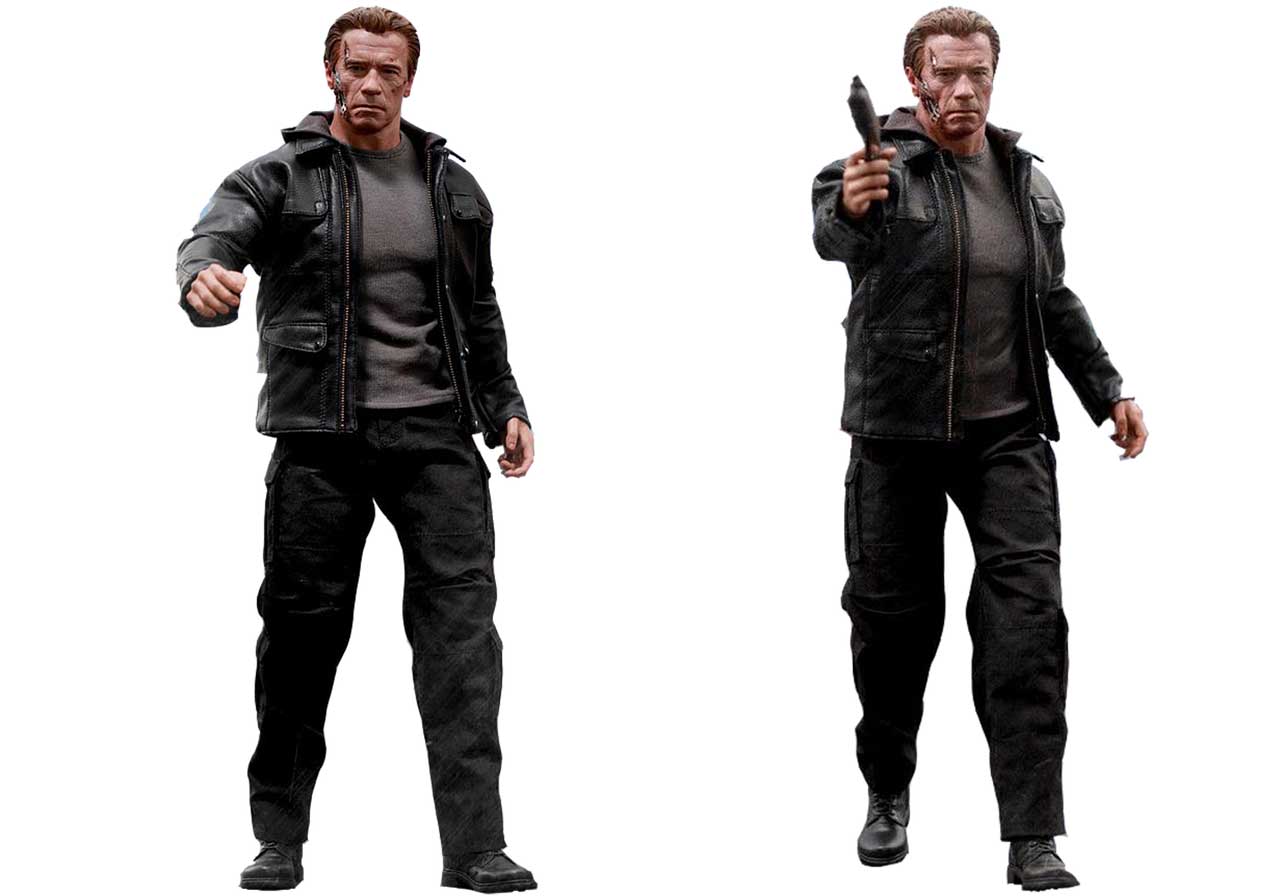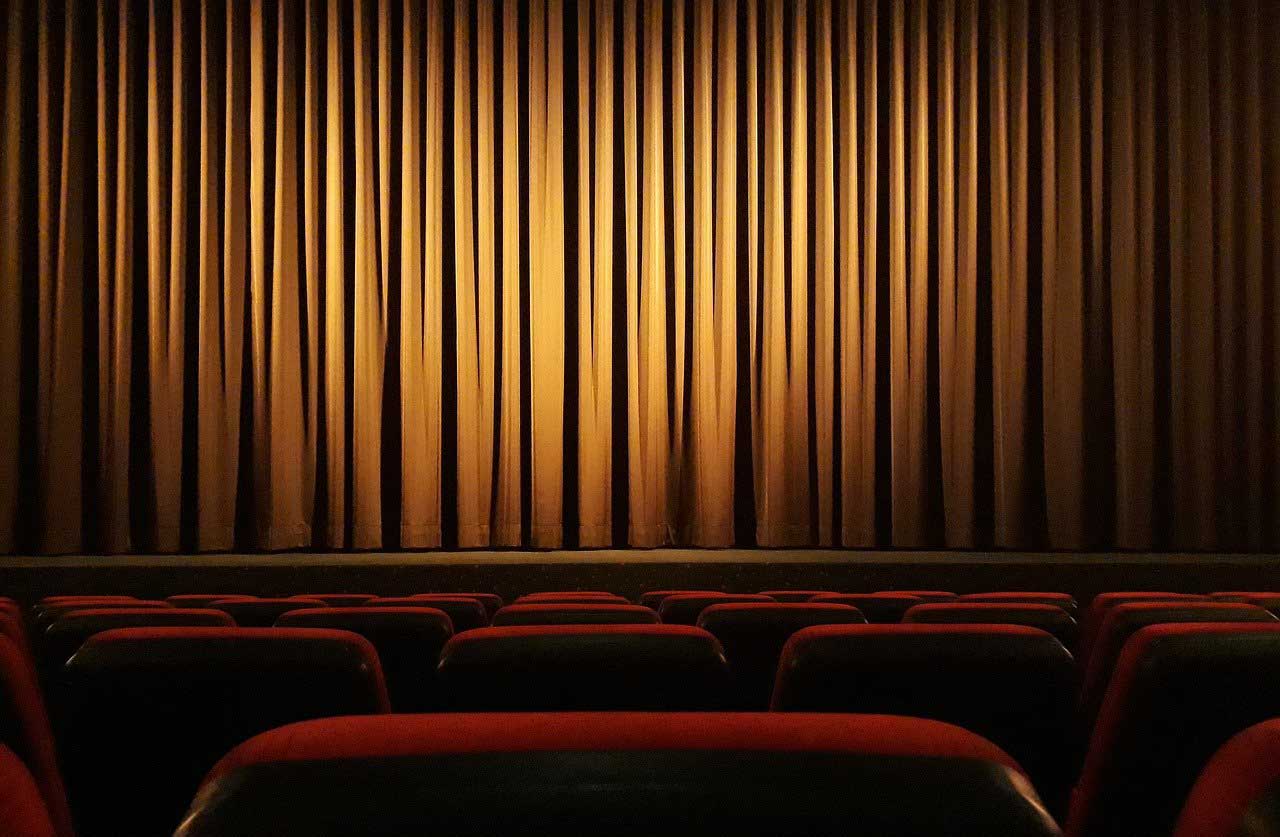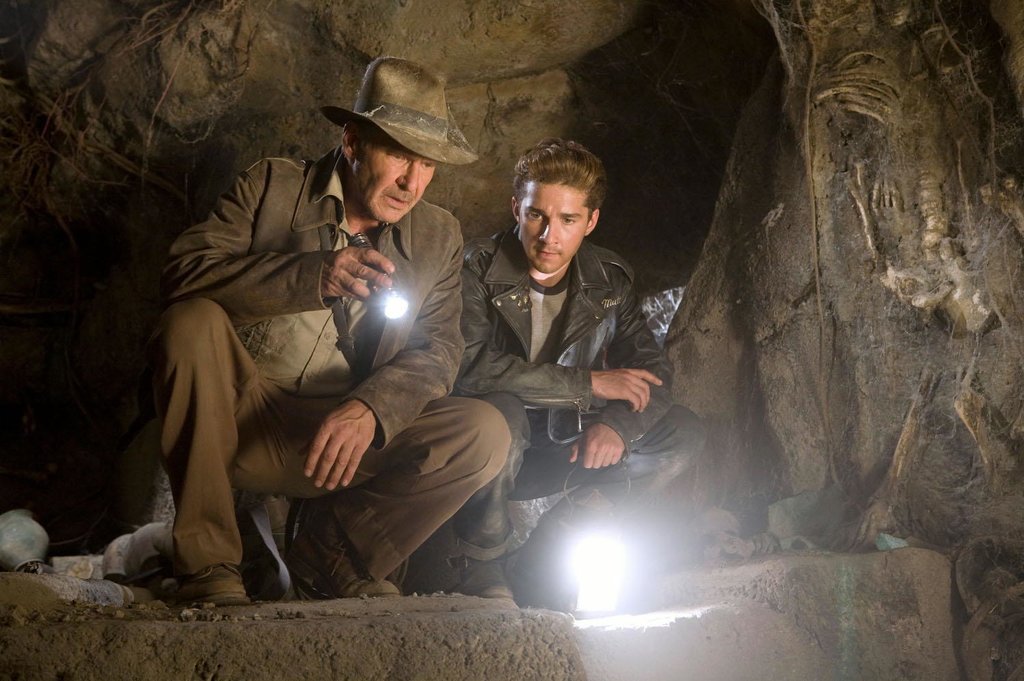Entertainment Business | News & Infos
Ein zweiter Blick lohnt sich immer: ALL REVIEWS ist das Business- & Unternehmens-News-Portal
Entertainment Business – Kritiken. Insides. Gelegenheiten.
Film & Fernsehen, Kino & Events, Musik und Video und die Unterhaltungsbranche insgesamt sind auch ein milliardenschweres Business. Dabei reichen die Wurzeln der Unterhaltungsindustrie tief in den Boden von Kunst und Kultur. In ihrer moderneren und umfassenden Interpretation kommen Infotainment, Gaming und Augmented Reality hinzu und definieren einen schier unerschöpflichen Themenbereich.
Auf All Rewievs ist es ein Thema mit Tradition, denn Film & Kino und Filmkritiken sind Teil unserer DNA. Auch dafür ist Platz in unserer Rubrik „Entertainment Business“. Gute Unterhaltung und Informationen, die uns erreichen und bewegen, sind nicht nur mehr wert, sondern auch ein Mehrwert, der sich rechnet.
Alles, was einen zweiten Blick an sich zieht: Unterhaltung wirkt!
all-reviews.com.: Team Produkte & Innovationen

